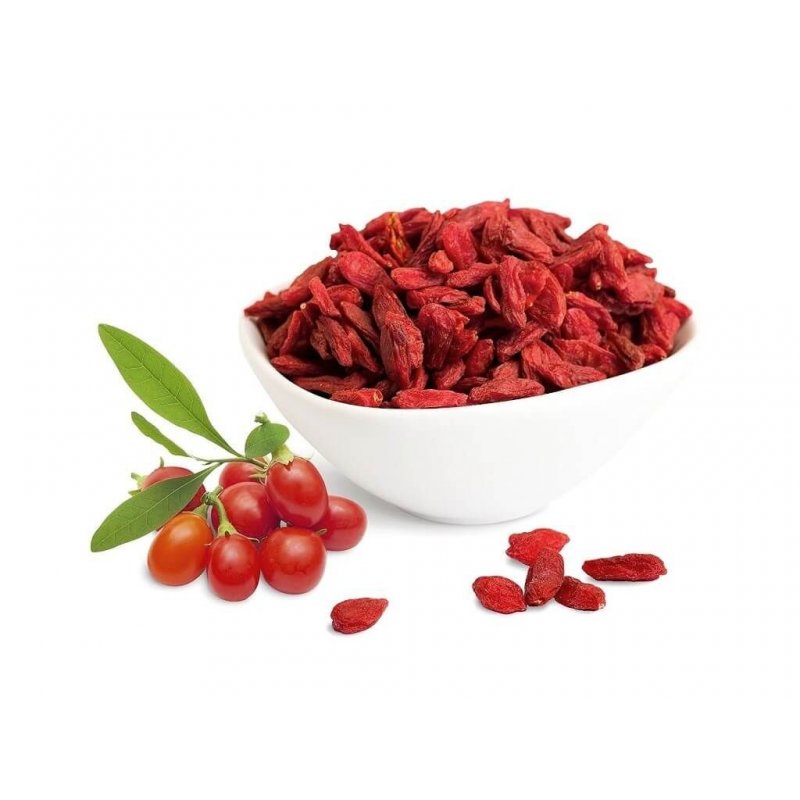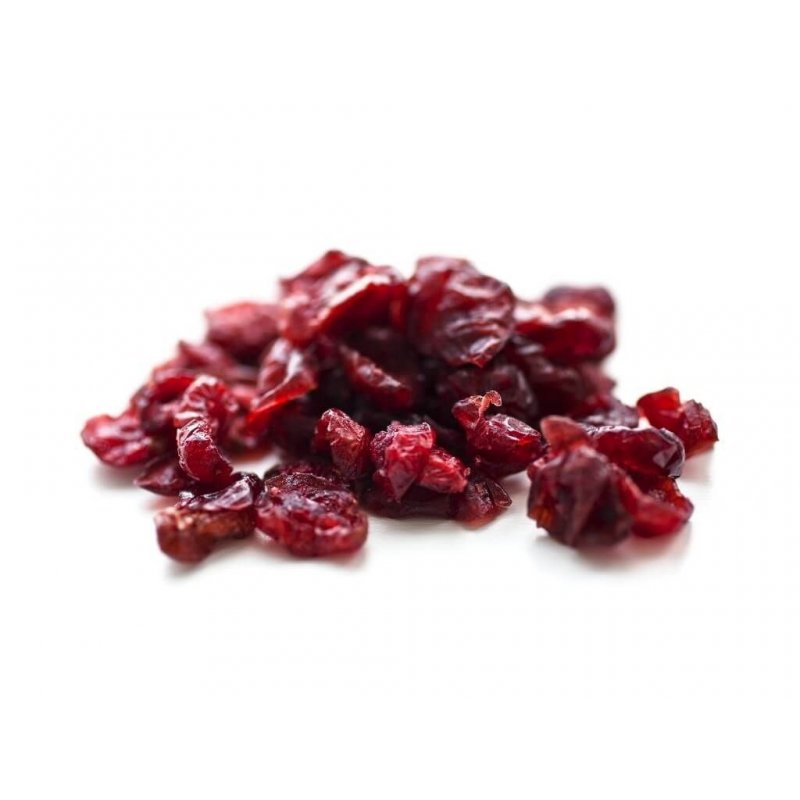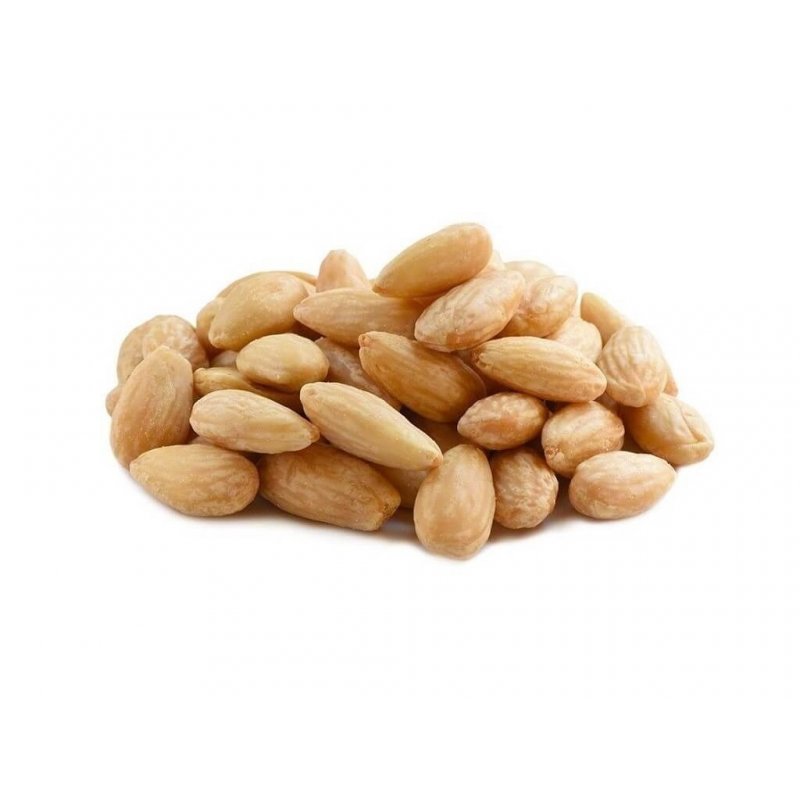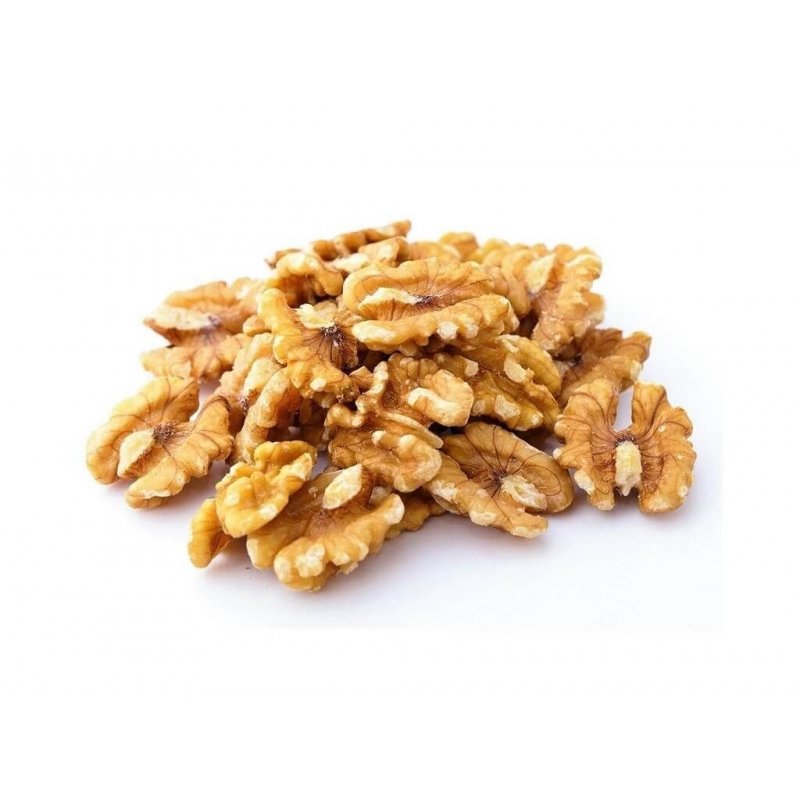Brazil nut (Bertholletia excelsa)
Amazon Chestnut | Pará

Fast delivery worldwide
Sent by: DHL, DPD, UPS, MRW, CTT
Brazil nut (Bertholletia excelsa)
The Brazil nut is a dried fruit with high nutritional value. It represents a natural source of selenium, a mineral that the body cannot produce on its own, but obtains through the food it consumes. This micronutrient is essential for normal thyroid and immune system function.
It is enough to eat 1 Brazil nut a day to get the recommended daily intake of selenium. However, due to the high amount of calories, it is recommended to consume only 3 to 5 Brazil nuts per week.
They are super tasty and crunchy!
Ingredients: 100% Brazil nut* (Bertholletia excelsa).
*Free of chemical, physical, or biological contaminants, as well as genetically modified compounds.
What is the Brazil nut?
The Brazil nut is a seed of the Lecythidaceae family very common in Brazil. It is rich in proteins and fibres, that promote muscle and intestinal health. In addition, it contains vitamins A and E complex, phosphorus, iron, zinc, and mostly unsaturated fats. Currently, the world's largest producer of Brazil nuts is the state of Amazonas and Bolivia is the world's largest exporter. Each fruit has between 12 and 25 seeds.
Health Benefits
Take Brazil nut natural in healthy dried fruit snacks, to have for breakfast or snacks. Rich in antioxidants, this fruit helps lower high cholesterol, boost defenses, improve intestinal transit, and balance blood pressure. Brazil nuts promote heart health by contributing to the relaxation of blood vessels, thus promoting blood circulation. It may also influence the prevention of thrombosis and the proper functioning of the thyroid.
Some studies indicate that the Brazil nut improves the performance of cognitive functions, acting against irritability and bad mood. Because it contains a high protein content, Brazil nuts can be an excellent ally against possible muscle injuries because they act in the repair of muscle tissue.
Nutritional declaration (per 100g):
Energy: 3006,13 kJ/ 718 kcal
Lipids: 66.4 g
of which saturated: 15.1 g
Carbohydrates: 12.2 g
of which sugars: 2.3 g
Fibre: 7.1 g
Proteins: 14.3 g
Salt: 0.68 g
*May contain traces of dried fruits, peanuts, sesame, gluten, and sulfites.
Uses: yoghurt, muesli, salads, butter, biscuits, bars, and cakes.

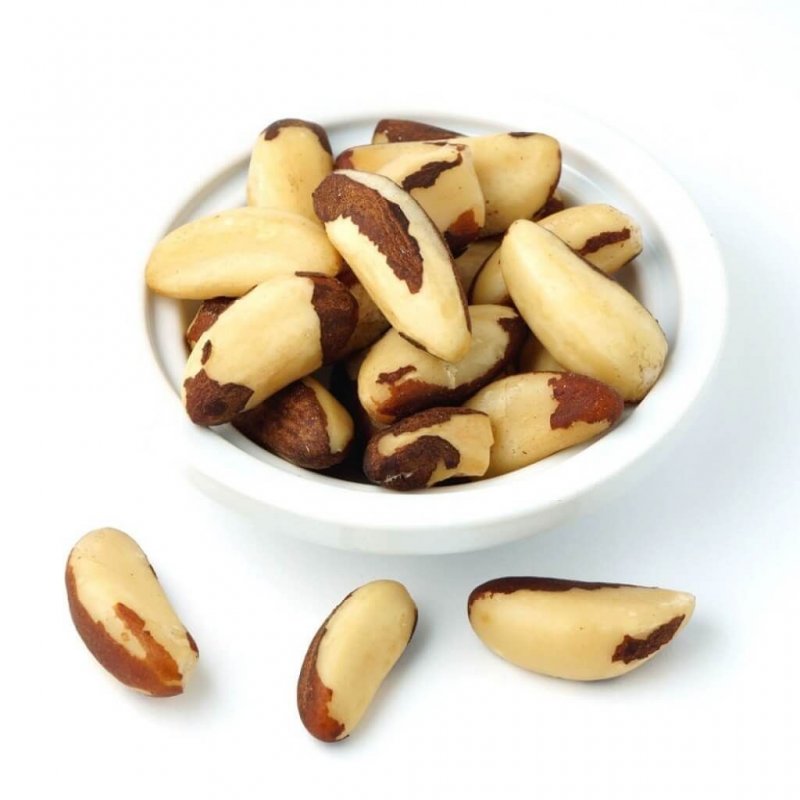



 Reviews
Reviews 
